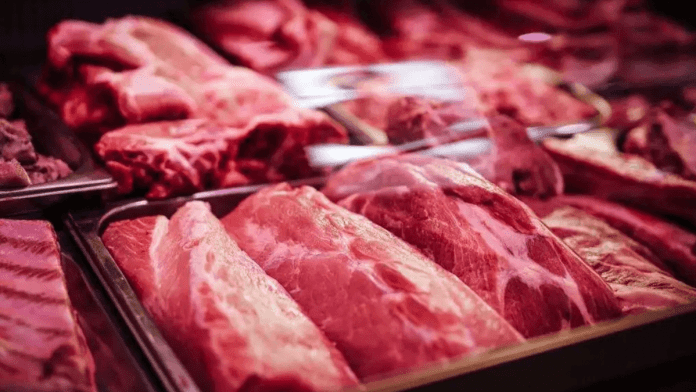News in Brief:
– Paraguay’s meat production increased by 23% in April 20234, with significant contributions from bulls, cows, heifers, and steers.
– This rise led to a 3.9% year-on-year growth in the first four months of the year despite facing challenges like poor weather and low prices.
Recent developments in Paraguay’s meat production sector have sparked optimism among farmers and stakeholders globally. With increased cattle slaughtering and access to new markets, the industry is witnessing notable growth, potentially setting a precedent for agricultural communities worldwide.
In April 2024 alone, cattle slaughtering in Paraguay surged by an impressive 23%, contributing to a 3.9% year-on-year growth in the first four months of the year. This rise in production, as reported by the National Service of Animal Quality and Health (Senacsa), signals a promising trend for the sector.
The distribution of production showcases the diverse contributions of different cattle categories: bulls accounted for 42% of the production, followed by cows (21%), heifers (21%), and steers (16%).
Key players in the industry
Frigorífico Belén emerged as a significant player, representing the largest volume of slaughterings with a 19% share. Other prominent entities include Frigochaco and Frigorífico Concepción. These companies play a pivotal role in shaping Paraguay’s meat production landscape.
Despite the positive trajectory, challenges persist, including adverse weather conditions and fluctuating prices. However, stakeholders remain proactive in addressing these issues. The proposal for establishing a Paraguayan Meat Institute underscores the industry’s commitment to overcoming obstacles and fostering growth.
Paraguay’s efforts to diversify its export destinations hold promise for farmers worldwide. Negotiations to export meat to Mexico signify a significant milestone, reflecting the country’s ambition to tap into new markets. Furthermore, advancements in the animal identification system are poised to enhance Paraguay’s competitiveness on the global stage.



